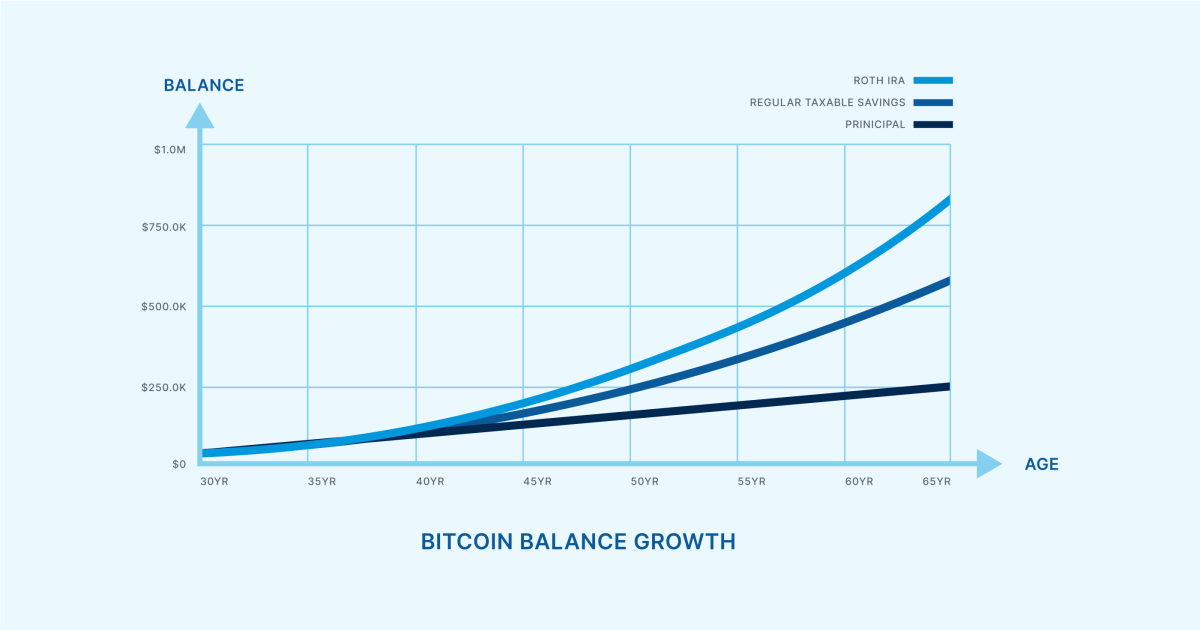SHINGTON — As a candidate in 2020, Joseph R. Biden Jr. campaigned to finish billions of {dollars} in annual tax breaks to grease and fuel corporations inside his first 12 months in workplace.
It’s a pledge he has been unable to maintain as president.
Mr. Biden’s funds request to Congress this week was his fourth try and get rid of what he known as “wasteful subsidies” to an business that’s having fun with file earnings.
“Not like earlier administrations, I don’t assume the federal authorities ought to give handouts to large oil,” Mr. Biden mentioned after his inauguration. His new funds proposal requires the elimination of $35 billion in tax breaks that may in any other case be supplied to the business over the following decade.
Mr. Biden’s want is opposed by the oil business, Republicans in Congress and a handful of Democrats. In Washington, it appears, oil and fuel subsidies are the zombies of the tax code: unattainable to kill.
“Everyone agrees fossil gas subsidies are wasteful, silly and shifting issues within the flawed path,” mentioned Michael L. Ross, a political science professor on the College of California, Los Angeles who research fossil gas tax breaks. “Eliminating them appears to be one of many hardest issues to realize on the local weather agenda.”
The oil and fuel business enjoys almost a dozen tax breaks, together with incentives for home manufacturing and write-offs tied to international manufacturing. Whole estimates range broadly; environmental teams take a broad view of what constitutes a subsidy whereas the business hews to a extra slender definition. The Fossil Gas Subsidy Tracker, run by the Group for Financial Cooperation and Growth, calculated the full to be about $14 billion in 2022.
Two of the largest tax breaks have been in place for a couple of century.
The oldest, often known as “intangible drilling prices,” was created by the Income Act of 1913 and was aimed toward encouraging the event of U.S. assets. The deduction permits corporations to jot down off as a lot as 80 p.c of the prices of drilling, issues like worker wages and survey work, within the first 12 months of operation, even earlier than producing a drop of oil.
One other subsidy, courting from 1926 and often known as the depletion allowance, initially let oil corporations deduct their taxable earnings by 27.5 p.c, a quantity that appeared surprisingly particular.
“We might have taken a 5 or 10 p.c determine, however we grabbed 27.5 p.c as a result of we weren’t solely hogs however the odd determine made it seem as if it was scientifically arrived at,” Senator Tom Connally, the Texas Democrat who sponsored the break and who died in 1963, was quoted as having mentioned in “Sam Johnson’s Boy, a Shut-Up of the President From Texas,” a biography of Lyndon B. Johnson.
That tax break proved so profitable it prompted celebrities like Jimmy Stewart, Frank Sinatra and Bing Crosby to change into oilmen on the facet, shopping for pursuits in oil wells and utilizing the deduction to shelter their Hollywood earnings.
The allowance was eradicated in 1975 for giant producers and lowered for smaller corporations, that are nonetheless allowed to deduct 15 p.c of their income from their taxable earnings.
Early on, lawmakers justified the deductions by saying they’d assist appeal to traders to grease drilling, which might be a dangerous enterprise. In spite of everything, not each properly strikes oil.
Right now, Exxon Mobil and Chevron, the biggest U.S. vitality corporations, are enormously worthwhile. Final 12 months, American corporations pumped 13 million barrels every day on common, a file that had made the US the biggest crude oil producer on the earth, in accordance with the U.S. Power Data Administration. The nation can also be the world’s main exporter of liquefied pure fuel.
The oil and business is anticipated to reap $1.7 billion in 2025 from the intangible drilling tax break, and $9.7 billion over the following 10 years, in accordance with the White Home. It’s anticipated to understand $880 million in advantages from the depletion allowance tax break in 2025, and $15.6 billion by 2034.
As an alternative of investing of their companies, the oil and fuel corporations have poured earnings into “inventory buybacks, mergers, and acquisitions that benefited executives and rich shareholders,” the Biden administration mentioned on a truth sheet accompanying the funds proposal.
The 2 tax incentives collectively have elevated the anticipated worth of recent oil and fuel initiatives by billions of {dollars} in most years and as a lot as $20 billion in years when the worth of oil was excessive, in accordance with a 2021 examine by the Stockholm Setting Institute, a analysis group.
A New York Occasions evaluation of lobbying studies discovered that vitality corporations have spent greater than $30 million since Mr. Biden was elected on lobbying efforts that included preserving the intangible drilling and depletion allowance tax breaks. The U.S. Chamber of Commerce, which spends greater than $100 million yearly in lobbying on a variety of points, additionally cited vitality tax breaks on its lobbying studies.
Ending subsidies for oil and fuel shouldn’t be a brand new thought, nevertheless it has by no means gotten far.
President Barack Obama tried in virtually each funds to scrap the tax breaks however failed, even when Democrats managed each the Home and Senate from 2009 to 2011.
Among the many Democrats who’ve fought to protect the subsidies has been Senator Joe Manchin III of West Virginia, the state that’s ranked second for coal manufacturing and fourth for pure fuel. Within the Home, Representatives Vicente Gonzalez Jr. and Henry Cuellar, each Texas Democrats, implored celebration leaders in 2021 to take care of the subsidies. They had been joined by Filemon Vela Jr., a Democrat who additionally represented Texas within the Home on the time.
Mr. Manchin mentioned this week that Congress had enacted tax incentives for each clear vitality and fossil fuels and that coal, oil and fuel shouldn’t be singled out for adjustments.
“The Biden Administration and their radical local weather advisers have disregarded frequent sense by requesting Congress take away these incentives earlier than we accomplish an vitality transition that doesn’t sacrifice reliability and affordability,” Mr. Manchin mentioned in a press release.
Oil executives reject the time period “subsidy” to explain the tax insurance policies. They argue that almost all industries take pleasure in tax deductions and oil corporations write off only a sliver of what they pay in federal taxes.
In addition they level out that federal subsidies for wind, photo voltaic and different types of clear vitality are quickly increasing. The Power Data Administration discovered that about 46 p.c of federal vitality subsidies between 2016 and 2022 had been related to renewable vitality.
Anne Bradbury, chief government officer of the American Exploration & Manufacturing Council, known as Mr. Biden’s name to alter the tax code “a direct assault on American vitality manufacturing” that may hurt an business that helps greater than 9 million jobs.
“This funds mustn’t even obtain a vote within the Home or Senate, and lawmakers in each chambers ought to craft budgetary coverage that doesn’t impede American vitality manufacturing,” Ms. Bradbury mentioned in a press release.
Senator Lisa Murkowski, an Alaska Republican, dismissed Mr. Biden’s request to finish tax breaks as messaging aimed toward younger local weather activists. “Do I believe it’s going to go wherever? No,” she mentioned.
The talk over semantics apart, the result’s that the federal government helps to artificially decrease the worth of manufacturing oil, fuel and coal in a approach it doesn’t do for different producers, economists mentioned.
“It’s simply company welfare,” mentioned Joseph Aldy, a professor on the John F. Kennedy College of Authorities at Harvard College who served as a particular adviser to President Barack Obama on vitality points.
Others notice the irony of continued authorities help for fossil fuels at a time when scientists say nations should quickly transition away from oil, fuel and coal to chop the carbon emissions which are driving local weather change.
Congress has a “fiscal and ethical accountability to cease taxpayer {dollars} from padding the earnings of an business that’s destroying our planet,” mentioned Senator Bernie Sanders, Unbiased of Vermont.
Final 12 months almost 200 international locations signed a world accord on the United Nations local weather summit in Dubai, United Arab Emirates, to maneuver away from fossil fuels and get rid of “inefficient” subsidies for coal, oil and fuel. The USA was among the many signatories.























